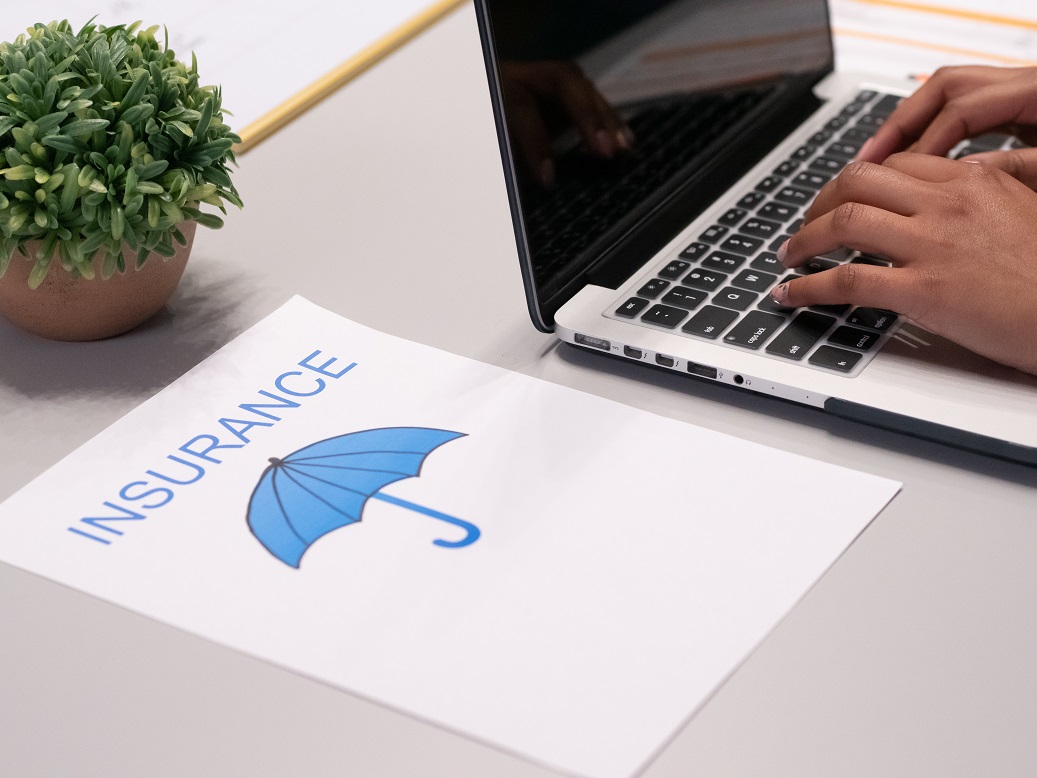Don’t let misconceptions cloud your judgment. Get the facts right, understand your options, and ensure you and your family are protected.
Disability insurance is an important safety net that often remains shrouded in a veil of myths and misconceptions. People frequently misunderstand this financial lifeline. As a result, it leads many to make uninformed decisions that could impact their future financial health.
Such misinterpretations could, therefore, cause adverse socioeconomic outcomes for those living with a disability, who comprise 15% of the world’s population, according to The World Bank. So, below are some of the most common myths surrounding disability insurance that need demystifying. Understanding how they affect the process could enable you to make more informed decisions, so continue reading here:
Myth 1: Disability insurance is only for severe, catastrophic events
The first, and perhaps the most common, misconception is that disability insurance is reserved only for severe, catastrophic events – those extreme situations leading to total incapacitation. The reality, however, is starkly different.
Contrary to popular belief, disability insurance also covers partial and temporary disabilities. Various conditions, from back injuries and mental health issues to chronic illnesses like cancer, can trigger benefits.
Moreover, most disability policies have an incontestability clause. Its importance becomes evident when policyholders discover that they have more than one disability or that their current situation is more severe than anticipated. With this clause, the insurer isn’t allowed to cancel or amend the policy when the insured notifies them of any possible misrepresentations when they initially applied for their disability insurance.
Myth 2: Workers’ compensation will cover disability
Many believe workers’ compensation is sufficient, assuming it will cover them in case of any disability. While it’s true that it encompasses work-related injuries and illnesses, what many don’t realize is that most disabilities are a result of non-work-related incidents or diseases.
For some disabilities, like chronic heart conditions, the symptoms aren’t always noticeable until they become a health and financial crisis. Therefore, relying solely on workers’ compensation leaves you vulnerable to the financial impact of other disabling conditions occurring off the job.
Personal disability insurance complements workers’ compensation by filling in these coverage gaps, ensuring you’re completely protected.
Myth 3: You have enough savings to cover disability
A sense of financial security often stems from substantial savings. Yet, the assumption that personal savings can adequately cover potential disability costs is a risky bet.
This myth overlooks the staggering probable expenses resulting from a disability. These may include the following:
- Lost income
- Medical bills
- Therapy
- Home modifications
- Caregiving
Given that a year’s income is often insufficient to cover these costs, imagine the financial implications of a long-term disability. This lack of awareness of how much a person would need is hampering most of the world’s population from investing in disability coverage.
More importantly, disability insurance provides steady revenue if you can’t work. It also mitigates the financial burden and allows you to focus on your recovery.
Myth 4: Disability insurance is too expensive
The idea that disability insurance is prohibitively expensive is another prevalent misconception. While premiums vary based on your job, health, age, and the coverage you select, policies could be more affordable than perceived.
Remember, insurance serves as an antidote to the financial risks of not having coverage – the loss of income and the potential medical and rehabilitation expenses.
For this reason, look for flexible plans that cater to your needs and budget. You can also lower the premium by extending the waiting period before the benefits kick in or by choosing a shorter benefit period. Before deciding, however, ensure to weigh each option’s pros and cons.
Myth 5: You don’t need disability insurance
Age and good health are valuable assets, but they don’t make anyone invincible. Disability isn’t exclusive to older people; it can strike at any age. After all, most disabilities occur before retirement age.

The Centers for Disease Control and Prevention (CDC) states that one in every six children between the ages of three and 17 could have a developmental disability. It serves as a reminder that not all disabilities are evident in old age and vary in nature.
Thus, don’t let the illusion of invincibility cloud your judgment. The best time to get disability insurance is when you’re young and healthy. Not only because premiums are lower but also because you’re more likely to qualify for coverage.
Myth 6: Your income doesn’t validate the need for disability insurance
The belief that disability insurance is only for high earners is a myth that leaves many vulnerable. No matter your income level, if you rely on your paycheck to cover living expenses, disability insurance could be a crucial consideration.
The loss of income, however small, coupled with potential medical expenses, can lead to a financial crisis. Disability insurance replaces a significant portion of your income, ensuring financial stability for you and your loved ones.
Final words
As you evaluate your needs, consider consulting with a financial advisor or insurance professional. This expert can provide guidance and support in finding the policy that meets your needs and budget. Remember, disability insurance isn’t just about coverage and peace of mind. It’s also about knowing that the unexpected should happen. You can, therefore, have a financial safety net ready.
So, don’t let misconceptions cloud your judgment. Get the facts right, understand your options, and ensure you and your family are protected.


Join the conversation!